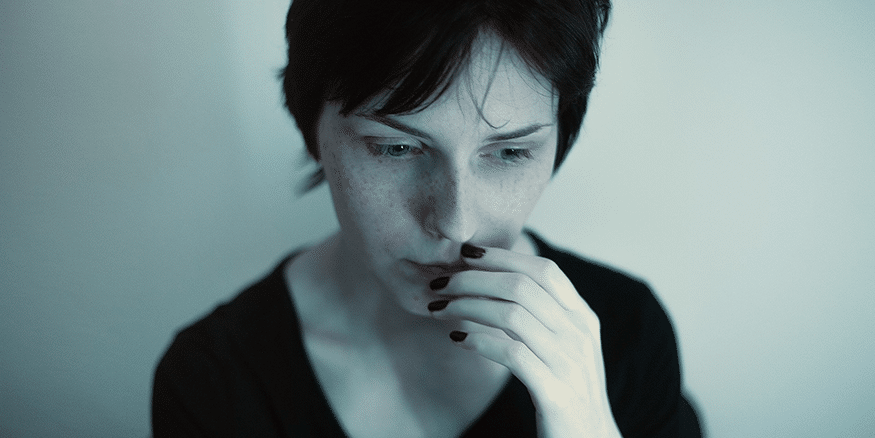
The Antidote to Fear
Do you live in fear of eating something that will worsen your gut symptoms or trigger a disease flare? Perhaps you fear being too far from a bathroom and having an accident, or of doing something that will cause digestive pain? Being fearful is a common reason for seeking therapy. It could be a gastrointestinal illness or it could be a more common dread of flying, heightened alarm over exposure to germs, fear of the unknown, anxiety around making mistakes, being afraid to take care of one’s self or family, or fear of being judged, humiliated, rejected, or controlled.
All of these fears are current reactions to future possibilities – possibilities that will likely not occur. Fear causes us to live in a state of hyper-alertness, trying to avoid potential but imaginary experiences.
Collectively, we can spend millions of dollars on medical insurance to protect our bodies, security equipment to protect our homes, and nuclear weapons, guns, and soldiers to protect our country, and still many live in fear. This is because thoughts create fear, and it will never go away until we change our thinking. By examining the roots of our fears, we will see that they rise from thoughts about being unworthy, unlovable, bad, inadequate, or neglected. When we truly believe these thoughts, we misplace the confidence to face difficult situations and we isolate ourselves, further reinforcing the fear. When we choose to stay where we feel safe, rather than facing our fears, we increasingly avoid situations, experiences, activities, and people.
Some may argue that fear is important to keep us safe, but that’s like saying worrying will help prevent an accident.
The facts are that common sense, intelligence, and sound judgement keep us safe. When we give our past ownership of the present, we create an ongoing sense of imminent danger and insecurity. We cannot let painful memories from childhood, past conflicts, betrayal, trauma, abuse, or a medical incident own our present or our future. If we do, then fear becomes a way of living, rather than a reflex to a real new threat. Thoughts like, “I can’t trust others” or “I don’t deserve to have it easy” become a negative part of the story of who we are. A chronic level of fearful thoughts creates a stress-like hyper-vigilance, which taxes the body’s immune system. Danger may have passed but the way of thinking lives on, keeping the body on high alert.
When we live in fear, we lose our ability to connect with the strength, truth, and wisdom within us because we are overwhelmed with anxiety. To heal from fear, we must develop faith in who we are and in our world. Faith is not just a religious concept; it’s the ability to perceive our own goodness and worth, and to have confidence in our right to have the world support us and give us what we need to handle any situation.
Having faith doesn’t mean that bad things won’t ever happen to us. Rather, faith allows us to see difficulties as lessons to help us learn and grow – not as punishment or a curse. To heal fear we must first turn toward it and learn to have mercy and compassion for ourselves. Second, we must want and be willing to see and experience our situation differently. By using affirmations, prayer, or willpower, we must sincerely ask for help to see our situation from a place of peace, love, and worthiness. Ultimately, faith allows us to feel our connection with others. Fear won’t go away just because there is safety, or because a disease is in remission; fear goes when we believe we’re safe and capable of handling the future.
Safety is a state of mind that stems from believing in a world, universe, or God that is supportive, forgiving, and loving. It’s the antidote to fear. If you can’t get to a place on your own where you feel safe, then a registered clinical counsellor could help you through the process.
“Fear defeats more people than any other one thing in the world.” ~Ralph Waldo Emerson

